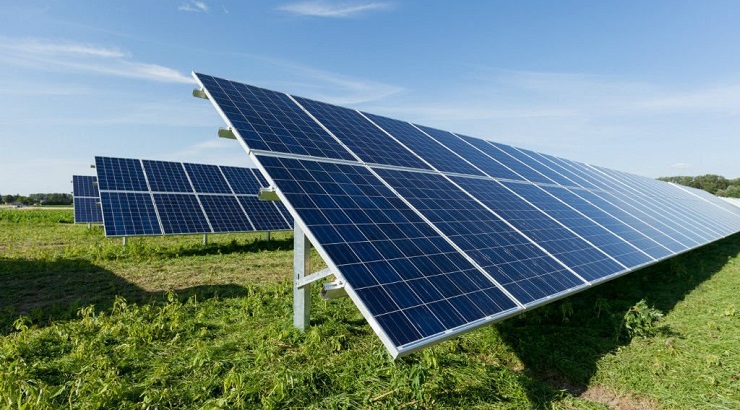Project News
UK Firm to Invest Sh4.6bn in Malindi Power Storage Plant
Globeleq has received State approval to begin the installation.

UK-based power firm Globeleq has received approval to set up a battery storage system for its Malindi solar plant to optimize the utilization of renewable energy.
The company stated on Tuesday that it had received the nod from the Energy and Petroleum Regulatory Authority (Epra) to start the project, which is expected to cost Sh4.6 billion.
This project is prompted by the fact that solar plants are at their peak during the day, while the demand for electricity peaks in the evening.
Accordingly, there is a move to install a plant with a targeted capacity of 40 Megawatt-hours to address this demand-supply imbalance.
Peak electricity demand occurs between 8 pm and 8:30 pm in the coastal region, and between 7:30 pm and 8 pm for the rest of the country.
“The Malindi project represents an investment of approximately Sh12.5 billion. We completed a feasibility study in 2023 and are now working with the Ministry of Energy on the progress of the project,” Globeleq said.
The company spent $66 million to set up the 40-megawatt peak solar plant that started supplying electricity to the national grid in January 2021.
However, the demand-supply imbalance has prevented the plant from operating optimally, hence the need for the installation of a battery storage system.
RELATED: Devki Unveils East Africa’s Largest Rooftop Solar Plant
These systems offer a solution to attain flexibility, improve grid reliability and power quality, and support the scaling up of renewable energy.
This contributes to mitigating the impact of adverse weather patterns.
In response to the high costs of electricity, Kenya is witnessing a significant shift among some of its major power consumers toward self-generated solar power.
According to Kenya Power, several large customers—accounting for 68% of its sales revenues—have transitioned to solar, dealing a blow to its falling incomes.
Interestingly, the utility firm has also joined the solar movement. The company recently announced plans to engage private firms to install solar panels for interested customers.
This initiative will operate under a design-build-finance-and-operate model, underscoring its effort to adapting to changing energy dynamics.
Kenya now boasts a solar installed capacity of 210MW, distributed among five plants: Garissa Solar (50MW), Cedate (40MW), Selenkei (40MW), Malindi Solar (40MW), and Alten Solar (40MW).












